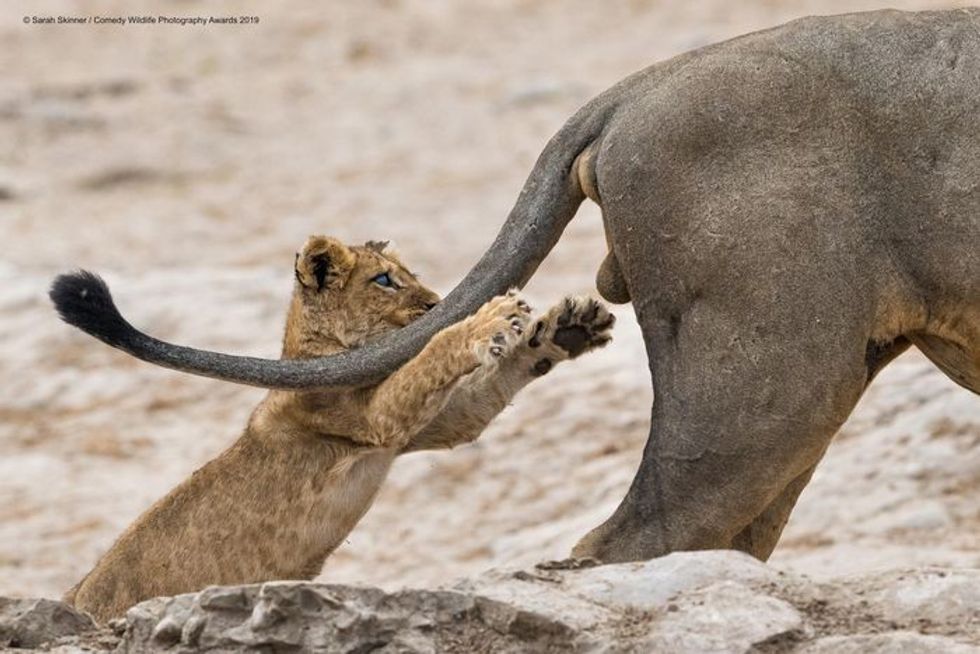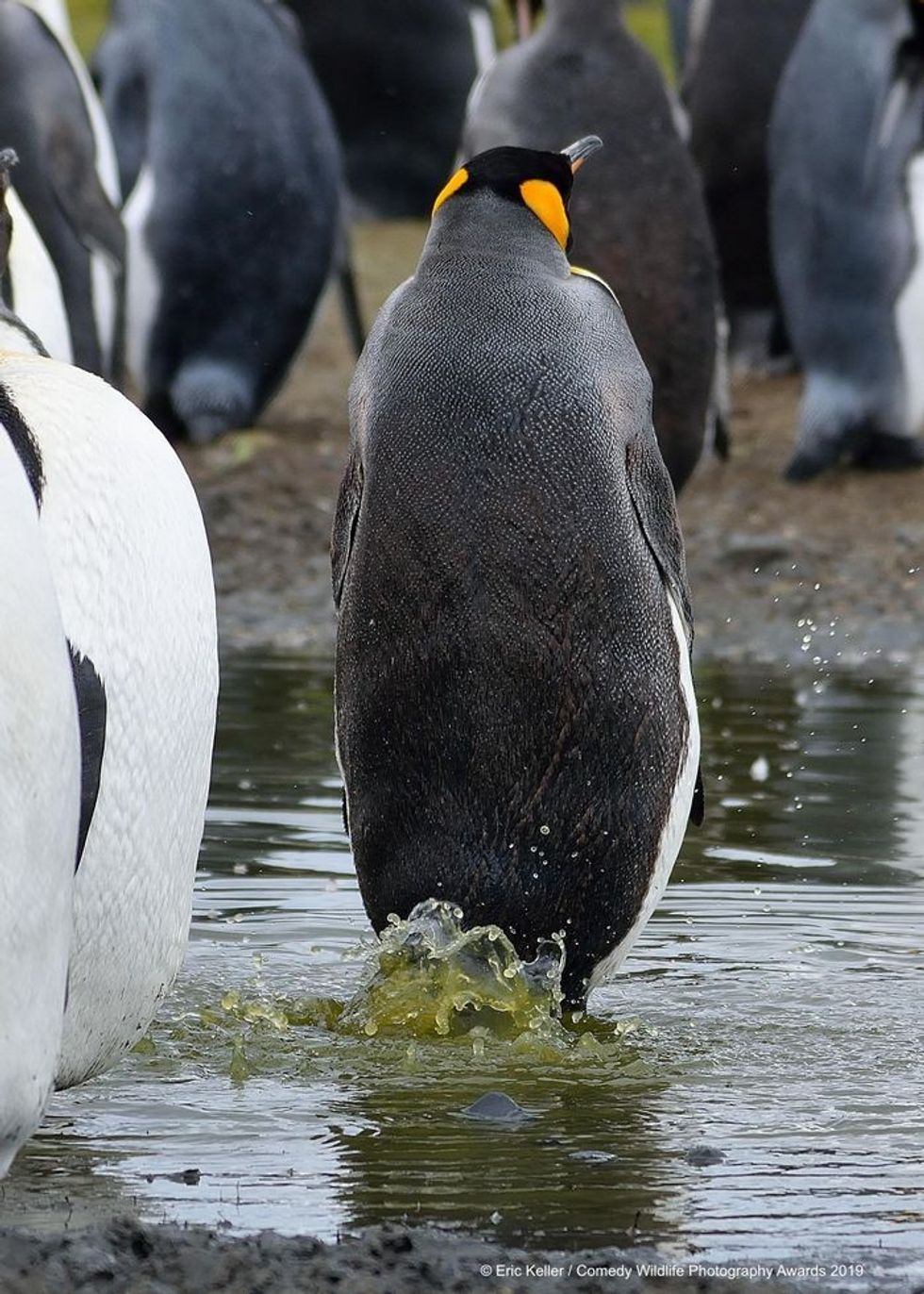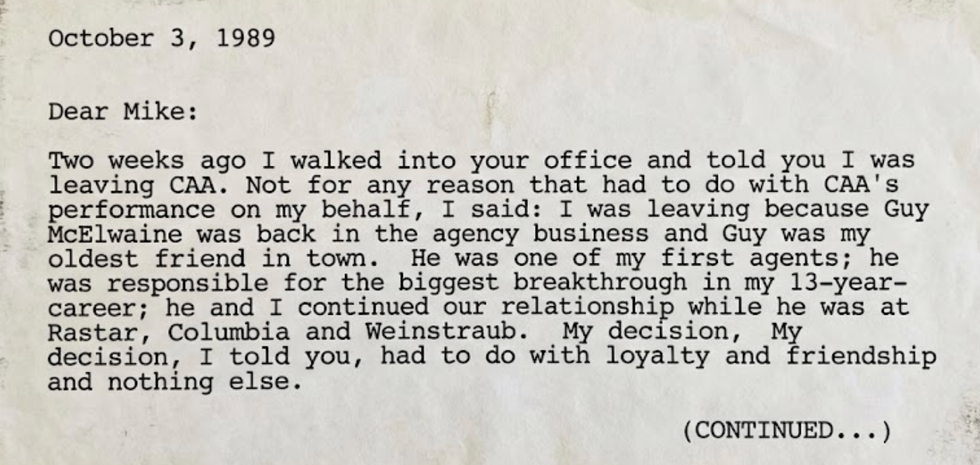Rooted in the one-pot peasant stews of Spain and Portugal and adapted by Brazil’s plantation workers in the 16th century, feijoada is a stew made of spare parts—a culinary method that turns the more “interesting” cuts into an economic, if time-consuming, meal to satisfy an entire table. Preparing it involves visiting a butcher, or several, to procure the more business-oriented (read: least expensive) parts of a pig: the trotters (feet), tail, and ears. Add some beef tongue, slab bacon, beans, ham hocks, carne seca (sun-dried salted beef), and, if you’re lucky enough to find it, linguiça, a Portuguese sausage whose close cousin is chorizo.
According to Chef Maricel Presilla, the author of Gran Cocina Latina, a bible of Latin American cooking, to speak of feijoada’s origins is to see a world map alight with trade routes and conquests: “North Africa passed through Spain with the Muslims. The dishes they liked were not so different. Historians do not stress the points of intersection enough.” She considers Brazil, where one encounters every gradation of white and black under the sun, even more of a melting pot than America. “In the beginning, the Portuguese treated Brazil as an outpost. Not as a destination. You had men coming in, working the plantations, and bringing their tastes along. The women of the houses would train the slaves to cook Portuguese dishes to feed a crowd. Gradually, their cuisines intermingled,” she says. “The conqueror becomes conquered of the kitchen.”
Because feijoada takes so long to cook, these days it is prepared mostly for celebrations. The salted beef needs an overnight soak. The meat and beans require three hours of stewing. Feijoada is traditionally enjoyed over rice and accompanied by shredded, stir-fried kale, which adds an “herbal astringency,” according to Presilla. The final dish marries spice, smoke, salt, and elements of two different cultures. At last, the various parts become whole. After crafting such a complex yet rustic dish, caipirinhas are always in order.
All the meats were purchased at Paisanos in Brooklyn, NY
Photos by Guillermo Giraldo
Art direction by Marcio Kelmanson
















 A young lion playing with an older animal
A young lion playing with an older animal A colorful bird appears to be yelling at it a friend
A colorful bird appears to be yelling at it a friend An otter appears like it's holding its face in shock
An otter appears like it's holding its face in shock Two young foxes playing in the wild
Two young foxes playing in the wild Two otters appear to be laughing together in the water
Two otters appear to be laughing together in the water A fish looks like it's afraid of the shark behind it
A fish looks like it's afraid of the shark behind it A bird appears to be ignoring their partner
A bird appears to be ignoring their partner A squirrel looks like it's trapped in a tree
A squirrel looks like it's trapped in a tree A bear holds hand over face, making it appear like it's exhausted
A bear holds hand over face, making it appear like it's exhausted A penguin looks like its trying to appear inconspicuous
A penguin looks like its trying to appear inconspicuous A young squirrel smells a flower
A young squirrel smells a flower An insect appears to be smiling and waving at the camera
An insect appears to be smiling and waving at the camera An otter lies on its side apparently cracking up laughing
An otter lies on its side apparently cracking up laughing Two monkeys caught procreating
Two monkeys caught procreating A young chimp relaxes with its hands behind its head
A young chimp relaxes with its hands behind its head A snowy owl appears to be smiling
A snowy owl appears to be smiling  A monkey holds finger to face as if it's lost in thought
A monkey holds finger to face as if it's lost in thought A turtle crossing the road under a 'slow' sign
A turtle crossing the road under a 'slow' sign A polar bear lies on its back like it's trying to hide
A polar bear lies on its back like it's trying to hide A rodent strikes human-like pose
A rodent strikes human-like pose
 An excerpt of the faxCanva
An excerpt of the faxCanva

 Robert Redford advocating against the demolition of Santa Monica Pier while filming "The Sting" 1973
Robert Redford advocating against the demolition of Santa Monica Pier while filming "The Sting" 1973


 Image artifacts (diffraction spikes and vertical streaks) appearing in a CCD image of a major solar flare due to the excess incident radiation
Image artifacts (diffraction spikes and vertical streaks) appearing in a CCD image of a major solar flare due to the excess incident radiation